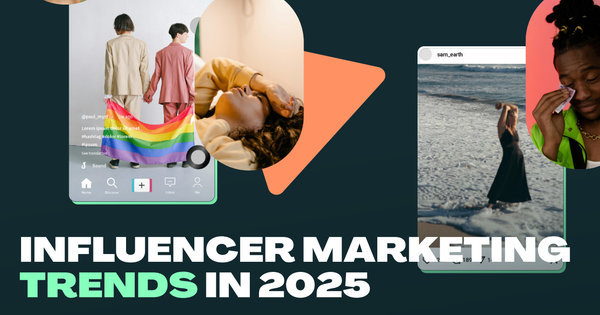The Influencer Marketing market is expected to reach $24 billion by the end of 2024, with a rapid growth rate in both the number of campaigns and the number of Influencers globally in the past year. However, the rapid growth of this market is also creating new challenges for brands and influencers. A recent report by Kolsquare has pointed out 5 important changes that will affect the Influencer Marketing trend in 2025.
#1. Consumer behavior change 2025: Tired of too much content!
Users are tired of content saturation on the internet…
Too much Influencers Newly formed every day, along with a series of AI tools supporting large-scale content creation,… the above realities have led to another concern: the situation of Content overload on the internet especially on social networks. Audiences are overwhelmed by the sheer amount of content and Advertising coming from these Influencers is approaching them in a big way every day, bringing a large amount of information, overloading the user’s ability to access. In the near future, this may lead to excessive boredom and fatigue among consumers when following creators’ content on social networking sites.
Besides, content overload also makes consumers tend to consume less content. They gradually form an invisible psychological barrier to content coming from influencers, thereby leading to reduced user interaction with the creator’s content.
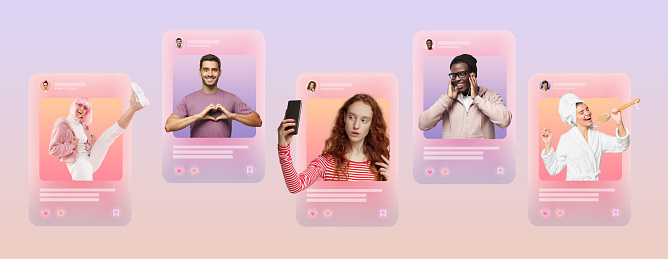
What should brands do?
Brands need to pay more attention authenticity and shared value system between Influencers and target customer file yours. In addition, marketers also need to pay attention to other factors involved Influencerssuch as: ethics, integrity, transparency, … as well as content creation style and content authenticity. As consumers’ content consumption trends increase, content authenticity and sustainability become even more important.
To enhance that authenticity, Brands need to focus more on messages that are sincere and close to consumers’ daily lives to bring truly meaningful and profound interactions with its audience. At the same time, put aside the previous approaches that seemed professional but were full of aloofness, to use more genuine and simple approaches, thereby creating a strong connection with customers.
#2. Price level of Influencers is on a downward trend, while costs Influencers The Brand’s marketing continues to increase
The number of KOLs and KOCs has exploded dramatically in recent times, putting great pressure on the price of this market. According to Barney Brown, founder of TikTok Agency Social Hit, Influencer rates have decreased by 18% in the past year. In it, there are up to 71% Content creators argue that quantity Influencers & Content creators, incorporating rising UGC campaigns are forcing them to lower prices.
On the other hand, brands are also demanding strict return on investment (ROI) and evidence showing the real effectiveness of the product. Influencers For each certain demographic group, don’t just rely on superficial numbers like number of followers or interactions. This makes the collaboration between the brand and Influencers is becoming more shaky than the previous period.
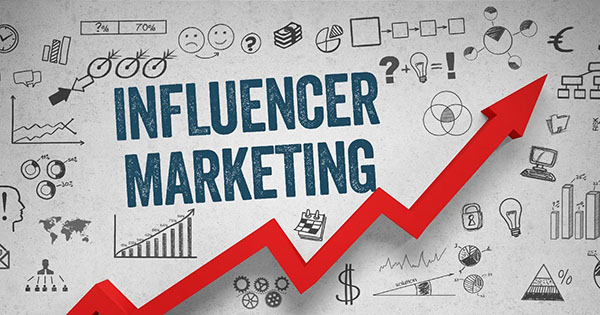
Still there though more than 50% of marketers Survey participants shared that the amount of money they spent on Influencers Marketing has increased over the past 12 months from 10% to 50%. Thus we can see two quite opposing states: The price level of Influencers decreased, while brand spending on this target group increased. This shows the complex developments of the market Influencers and Influencer Marketing trends in 2025brands may be aiming to increase volume Influencers during the campaign.
In general, brands will focus on ROI and they will strive to maximize this ratio through a number of activities such as:
- Focus on data: Brands will rely on sentiment analysis and performance metrics, focusing on data when making choices Influencers.
- Long-term & comprehensive cooperation: Implement more comprehensive, longer-term cooperation strategies, thereby both optimizing ROI and reducing costs.
So, to attract brands in the near future, yourself Influencers will have to focus on creating more valuable and Creative content for consumers, focusing on developing specific areas.
#3. The challenge comes from TikTok’s uncertainties
The possibility of being banned in the US, along with a series of accusations from Europe, makes TikTok’s overall situation quite unstable, and significantly affects the trend. Influencer Marketing. Although this factor does not affect the Vietnamese market too much, it will also impact Vietnamese brands approaching international markets. Currently, some marketers in these markets have Switch to other forms or change channels Influencers from TikTok back to Instagram more. Because, compared to TikTok’s precarious situation, Instagram will be a safer and more effective choice for brands.
But overall, TikTok still plays an important role in campaigns Influencers Marketing. Especially when TikTok Shop’s influence on consumers has been increasing in recent years.
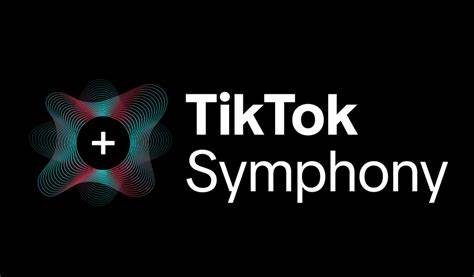
#4. The influence of AI technologies in content creation and Influencers Marketing
The development of Artificial Intelligence (AI) tools has created a new revolution in the field of content creation on social networking platforms. Smart AI tools open up unprecedented opportunities for creators, making their work easier and more convenient. However, AI makes content creators face more difficult challenges, especially in terms of consumer trust.
In the past year, some outstanding AI initiatives of social networking platforms include:
- YouTube has introduced the AI Dream Screen tool aims to enrich the content creation process on its platform, by allowing content creators to easily create Video backdrops or images for YouTube videos.
- TikTok is also preparing to launch the AI tool Symphony Avatars dedicated to creating advertising content. This tool allows the use of real or customized images to create images that resemble specific content creators, giving users more flexibility in producing advertising content.
- Instagram also demonstrates significant AI efforts through its AI Studio tool designed to optimize content creation. The tool brings videos on the platform to life with advanced editing features, making it easier for brands and creators to produce high-quality content.
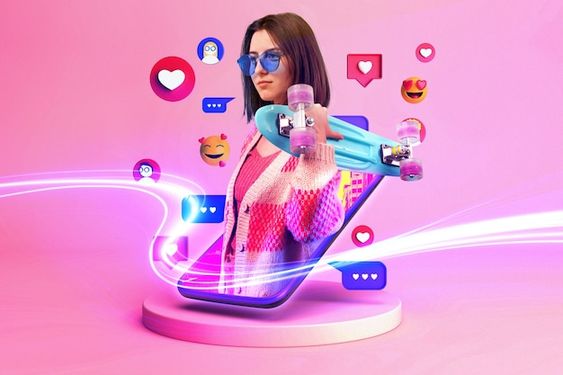
Overall, to limit the negative effects of AI and maximize the potential of this tool, creators need to learn how to master AI. They should use these tools to explore new creative ideas, instead of relying entirely on AI-generated content.
“Today, AI doesn’t let you do things you couldn’t do before; it just helps you do it,” said Karlis Montchovi, Director of Digital Consulting at Wellcom and an AI expert. Those things are faster. If you have the time and consistency you can do what AI does, but slower.”
In addition, when using AI tools to personalize or produce advertising content, brands need to pay attention to information transparency and ensure content accuracy. Currently, Audiences are still very sensitive to AI-generated contentthey may feel deceived if they realize that the brand’s advertising content is not made by humans but is created solely by technology. This can reduce user trust in content creators as well as brands. And in the future, these Influencers Focusing solely on using AI to automate content production without delivering real value to viewers will soon lose your audience.
#5. Responsibilities & ethical standards of Influencers is being highlighted
The story of sustainable development and social responsibility today is not only an important problem for brands but also an issue that Influencers You need to pay attention when building a personal brand. Today’s consumers are increasingly aware of social and environmental issues, so their expectations of brands and celebrities in implementing social responsibility are also higher. This forces the Influencers must express its responsibility to society more clearly, participate in discussions on sustainable development and take practical actions, instead of just stopping at vague views. At the same time, brands should also focus on these Influencers take clear actions in sustainable development and social responsibility.
Additionally, in some markets such as Europe today, alliances are involved Influencers Marketing is taking shape and they have launched certifications and certifications specifically for this target group. These certifications are carried out with the aim of improving the quality of the products Influencers and ensure that Influencers respect ethical standards and transparency in its operations. This may be an important trend to improve the quality of Influencers Marketing in the near future.
Summarize:
In 2025, Influencer Marketing trends (Influencers Marketing) will promote responsibility bigger, Consumers increasingly value ethical campaigns demonstrating responsibility to the community and society. Brands and KOLs need to meet these consumer expectations by using authentic approaches and ensuring more transparency in the content creation process. In addition, cost pressure in cooperation between brands and Influencers is increasing, price level of Influencers is decreasing while expense Influencers Brand marketing tends to increase showing a tendency to diversify Influencers of the brand.
On the other hand, in terms of content creation, artificial intelligence (AI) application tools help creators and brands more conveniently in the content production process but also create difficulties in terms of trust. consumer information. Demand Creators and brands need to have a reasonable usage strategy to avoid relying on tools and producing poor-quality content. Maintaining authentic, high-value content, a close approach to a specific customer base, and operating transparently and socially responsible will be the keys to helping the entire brand and Influencers were successful during this time.
Source: Report from KOLSQUARE
Comment Policy: We truly value your comments and appreciate the time you take to share your thoughts and feedback with us.
Note: Comments that are identified as spam or purely promotional will be removed.
To enhance your commenting experience, consider creating a Gravatar account. By adding an avatar and using the same e-mail here, your comments will feature a unique and recognizable avatar, making it easier for other members to identify you.
Please use a valid e-mail address so you can receive notifications when your comments receive replies.
